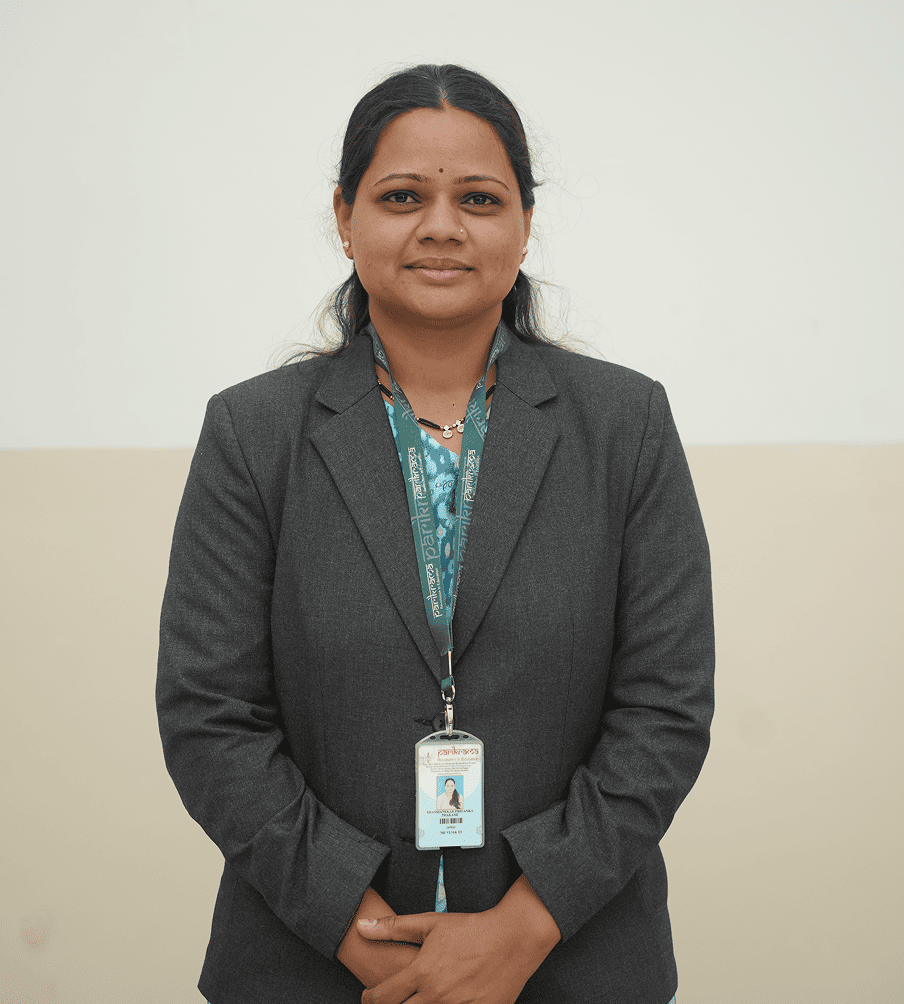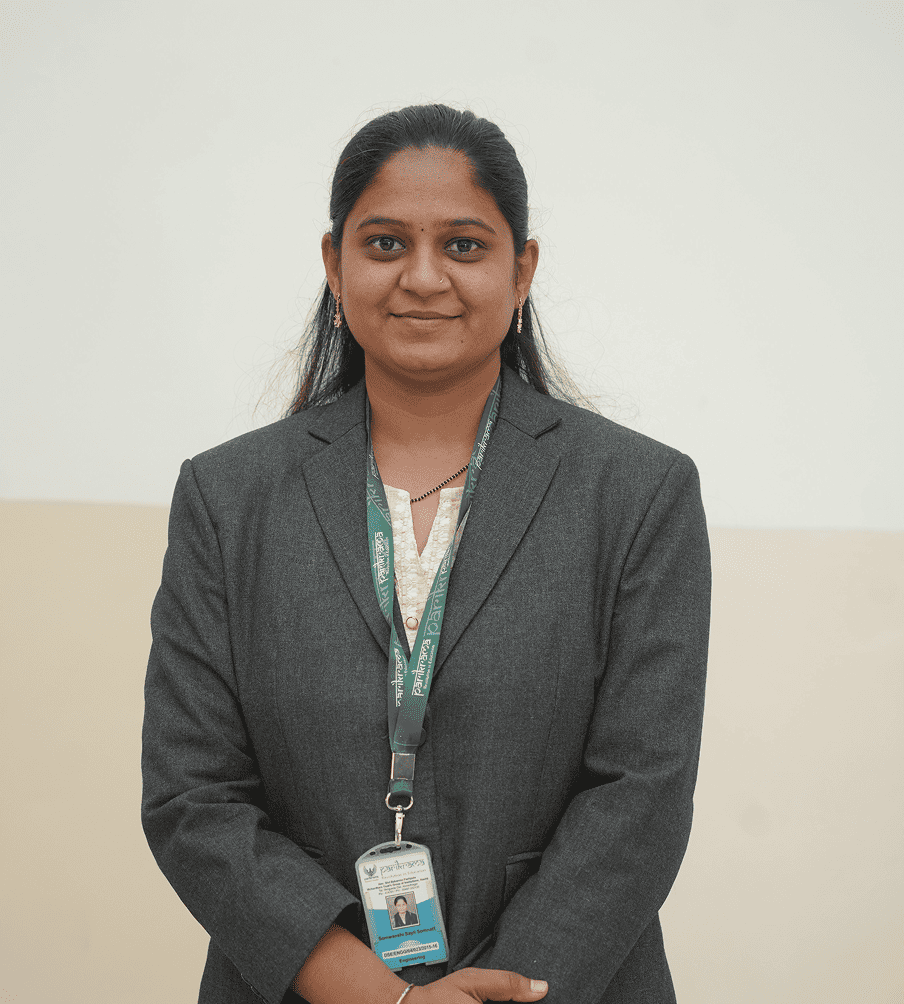Hon.Shri. Babanrao Pachpute Vichardhara Trust’s
PARIKRAMA POLYTECHNIC

The Electronics and Computer Engineering Department at Parikrama
Polytechnic, Kashti stands at the forefront of technical education,
blending core electronics with the evolving world of computer
technology. Affiliated to the Maharashtra State Board of Technical
Education (MSBTE), the department aims to produce dynamic engineers
equipped with multidisciplinary skills essential for the digital
era.
Our curriculum is thoughtfully designed to provide a solid foundation in
both hardware and software domains, including subjects such as embedded
systems, digital electronics, microcontrollers, data structures, and
programming languages. A unique feature of the program is the 6-month
mandatory internship, which gives students practical exposure to
industrial work environments, startup culture, and real-time project
handling.
Key Highlights of the Department:
We strive to develop competent, confident, and career-ready technocrats who can thrive in industries, pursue higher education, or launch their own startups. At Parikrama Polytechnic, we’re not just educating engineers—we’re shaping the architects of tomorrow’s technology.

Lorem ipsum dolor sit amet, consectetur adipiscing elit. Nulla euismod, nisi vel consectetur euismod, nisl nunc consectetur nisi, euismod consectetur nisl nunc euismod. Lorem ipsum dolor sit amet, consectetur adipiscing elit. Nulla euismod, nisi vel consectetur euismod, nisl nunc consectetur nisi, euismod consectetur nisl nunc euismod. Lorem ipsum dolor sit amet, consectetur adipiscing elit. Nulla euismod, nisi vel consectetur euismod, nisl nunc consectetur nisi, euismod consectetur nisl nunc euismod.
To develop Electronics and computer professionals having excellence in technical skills as well as universal values for catering to industrial and societal requirements.




We’re working on updating this information. Please visit again soon.